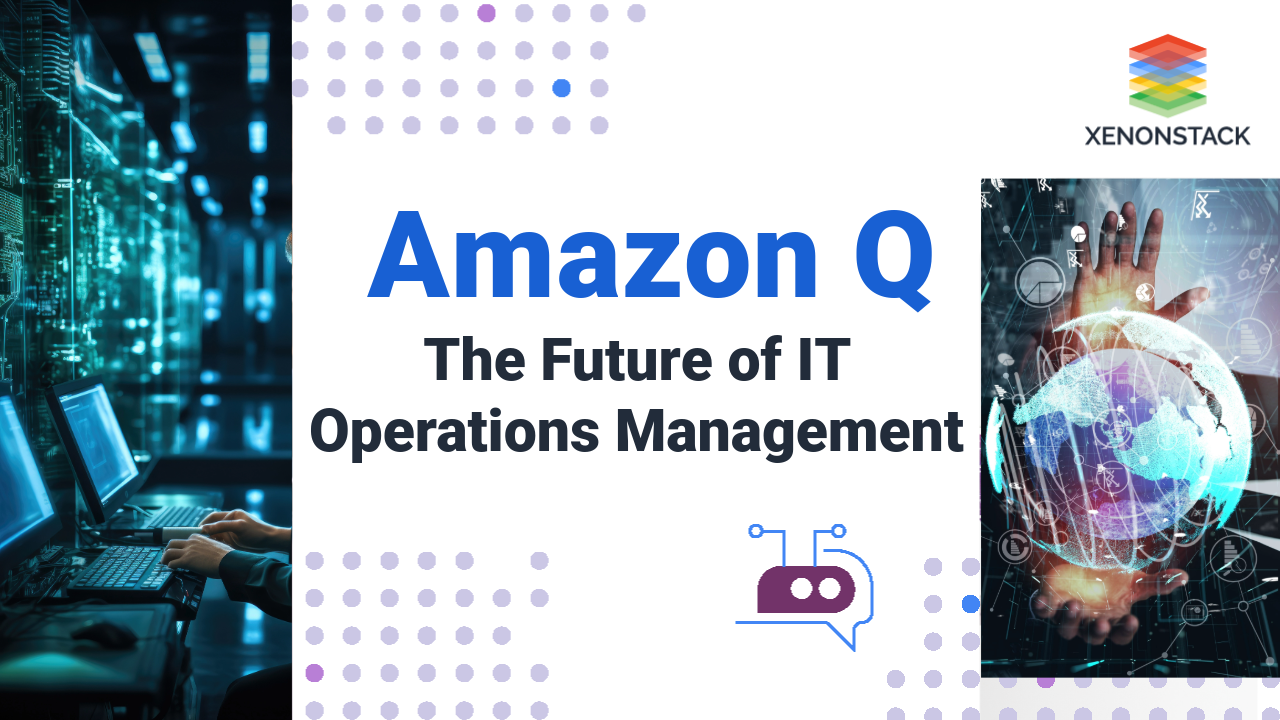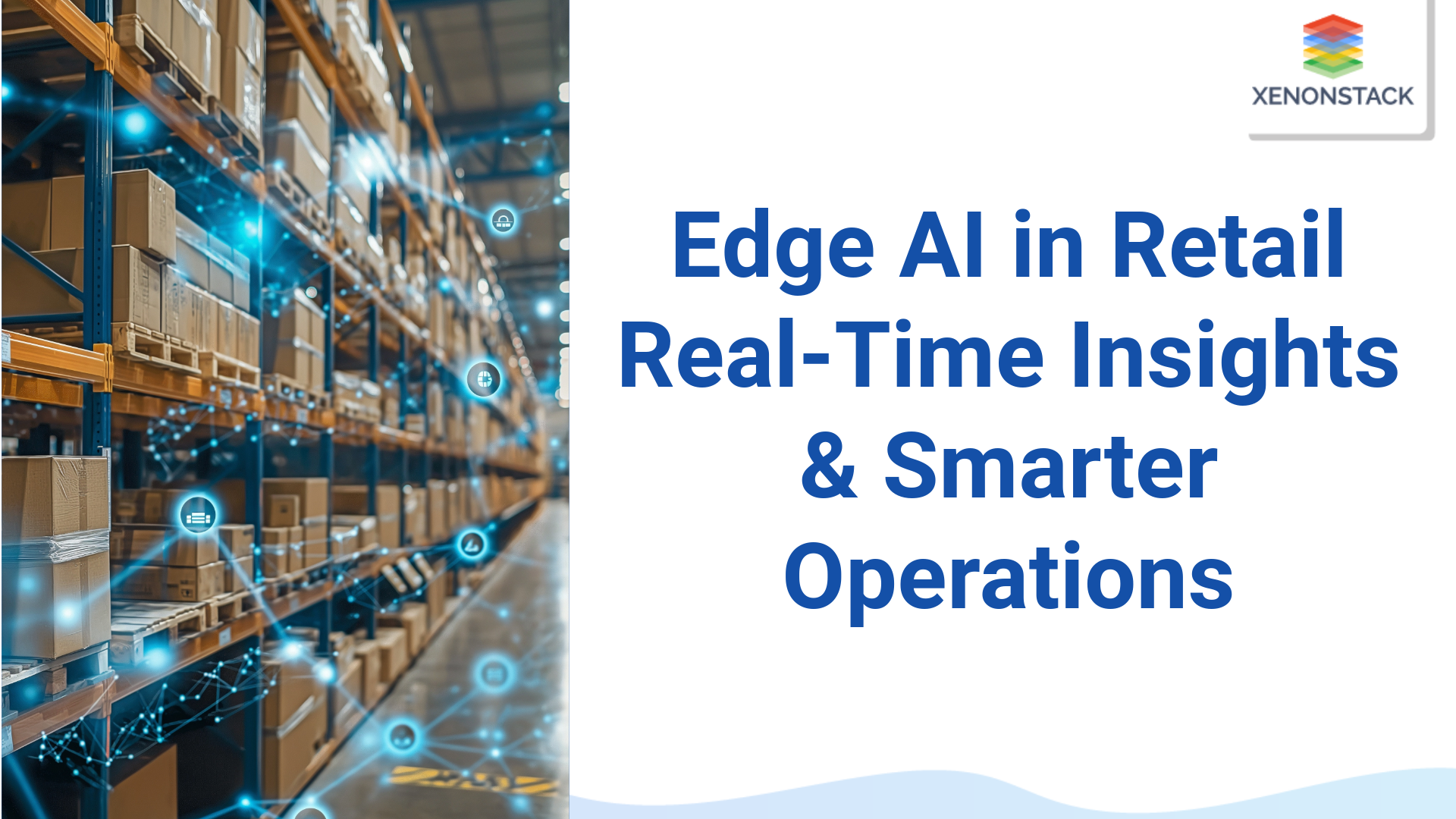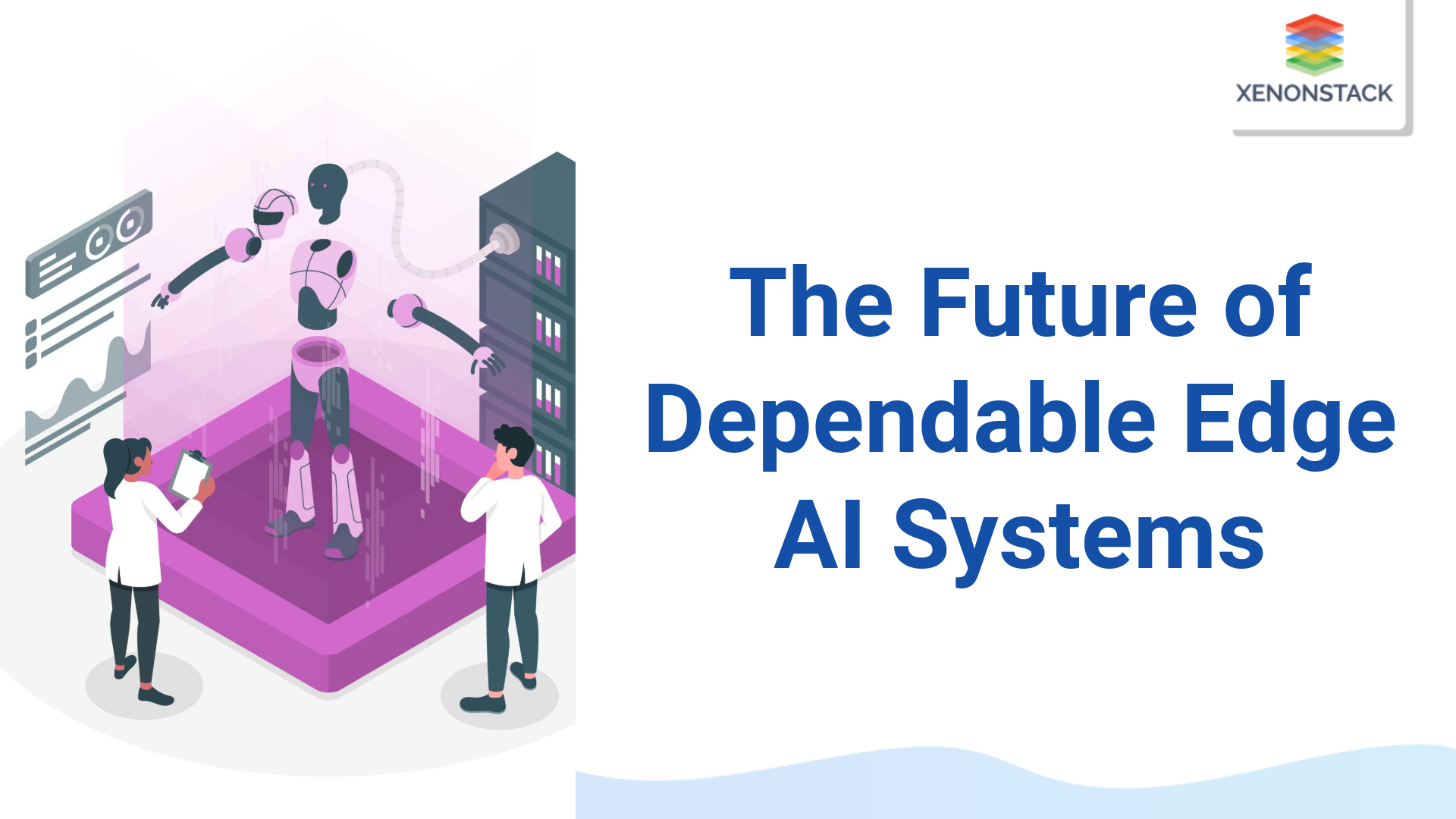Introduction to Enterprise AI Chatbot Platform
Enterprise AI chatbot platforms are software solutions tailored for businesses, enabling them to create and implement chatbots across different areas like customer service, sales, marketing, and team member support. The platform typically includes tools for building and training chatbots using artificial intelligence, machine learning techniques, and features for integrating chatbots with various enterprise systems and applications. As businesses strive to enhance customer service, automate routine tasks, and boost productivity, this platform is gaining traction. It empowers businesses to develop and implement chatbots capable of engaging with customers using natural language, providing swift and precise responses to a variety of inquiries.
AI is the reproduction of intelligent human processes, especially machines and computer systems. Taken From Article, Artificial Intelligence Adoption Best Practices
What are the Features of Enterprise AI Chatbot Platform?
An Enterprise AI Chatbot Platform provides a comprehensive solution for businesses to create, deploy, and manage chatbots. Some key features and solutions of Enterprise AI Chatbot Platforms include:
-
Natural Language Processing (NLP): Enhances user interaction by enabling chatbots to comprehend and address user queries in a natural language format.
-
Integration Capabilities: Smooth integration with diverse enterprise systems and databases for accessing and retrieving pertinent information.
-
Multi-Channel Support: Ability to deploy chatbots across multiple channels such as websites, mobile apps, messaging platforms, and voice assistants for omnichannel engagement.
-
Customization and Personalization: Allows customization of chatbot responses, workflows, and user experiences to meet specific business requirements.
-
Analytics and Reporting: Provides insights into user interactions, performance metrics, and trends through analytics and reporting features for continuous improvement.
-
Security and Compliance: Ensures data security and compliance with regulatory requirements through encryption, access controls, and compliance with industry standards.
-
Scalability: Capability to adjust capacity as needed, accommodating large user populations and managing peak demands without sacrificing performance.
-
Contextual Understanding: Capable of maintaining context across conversations to provide more personalized and relevant responses.
The process of generating text automatically from structured data in a readable format, containing meaningful phrases and sentences. Click to explore about our, Natural Language Processing Techniques
What are the Best Enterprise AI Chatbot Platforms?
There are many enterprise AI chatbot platforms available. Some popular platforms include:
Google's Dialogflow
Dialogflow, a platform owned by Google, provides natural language processing and machine learning functionalities for developing conversational agents. It features sophisticated natural language processing abilities, pre-built integrations, and APIs. Additionally, it offers user-friendly operation, scalability, AI and machine learning capabilities, and security and compliance features at an enterprise level. Leveraging Dialogflow can streamline the process of building and deploying chatbots, saving time, resources, and effort, while offering advanced features to enhance user experiences and drive improved business outcomes.
Amazon Lex
Amazon Lex is a service that empowers developers to construct chatbots and voice interfaces for their applications utilizing the technology behind Amazon Alexa. It provides sophisticated natural language processing capabilities, pre-built integrations with various Amazon Web Services (AWS) products, and seamless integration with third-party messaging platforms.
IBM Watson Assistant
IBM Watson Assistant is an AI-powered chatbot platform that can be used to build chatbots and virtual assistants for businesses.
Microsoft Bot Framework
The Microsoft Bot Framework is an all-encompassing platform equipped with tools and services designed for the creation, deployment, and administration of intelligent chatbots.
Oracle Digital Assistant
Oracle Digital Assistant is a chatbot platform driven by AI, empowering businesses to develop intelligent chatbots and voice assistants tailored for their customers.
What are the Solutions for Enterprise AI Chatbot?
Some popular Enterprise AI chatbot solutions are widely used by businesses:
Zendesk
Zendesk provides a chatbot solution that seamlessly integrates with its customer service platform, leveraging machine learning to deliver personalized support to customers.
LivePerson
LivePerson provides a chatbot solution designed to automate customer interactions across websites, social media platforms, and messaging apps. It leverages natural language processing (NLP) and machine learning (ML) to understand customer intent and provide relevant responses.
Salesforce
Salesforce provides a chatbot solution named Einstein Bots, which seamlessly integrates with its customer relationship management (CRM) platform. Leveraging natural language processing (NLP) and machine learning (ML), it automates customer interactions and delivers personalized support.
HubSpot
HubSpot provides a chatbot solution that seamlessly integrates with its marketing and sales platform. Utilizing natural language processing (NLP) and machine learning (ML), it engages website visitors and delivers pertinent information.
Oracle Digital Assistant
Oracle Digital Assistant, an AI-driven chatbot solution, automates customer interactions across various channels using natural language processing and machine learning to deliver personalized support.
The method of transforming unstructured text data into significant data for analysis, to estimate customer views, product evaluations, and feedback. Taken From Article, Text Analytics Tools and its Techniques
How to Implement Enterprise AI Chatbot Platforms?
When implementing an Enterprise AI Chatbot platform, the following considerations should be taken:
-
Integration with Existing Systems - Ensure seamless integration of the chatbot platform with existing systems and data sources, including CRM, ERP, or other customer service tools.
-
Customer Experience - Emphasize delivering a positive customer experience, characterized by clear and concise responses, intuitive navigation, and a conversational tone.
- Data Security and Privacy - Ensure the protection of sensitive customer information and compliance with pertinent data privacy regulations within the chatbot platform.
- User Adoption - Encourage user adoption by promoting the chatbot and its benefits, providing clear instructions, and continuously seeking user feedback.
- Scalability - Choose a chatbot platform that can quickly scale to meet changing business needs and can be customized.
- Performance and Reliability - Guarantee the chatbot operates at its best, delivering reliable performance with quick response times and minimal downtime.
- Continuous Improvement - Continuously monitor the chatbot's performance and use data and feedback to improve and enhance its capabilities.

What are the Best Practices of Enterprise AI Chatbot Platforms?
There are a few case studies and best practices for Enterprise AI Chatbot platforms:
Case Study: Bank of America
Bank of America introduced an AI chatbot named Erica to aid customers with account details and transactions. Erica has garnered positive feedback from customers, managing millions of inquiries and transactions on a monthly basis.
Case Study: H&M
H&M, a fashion retailer, introduced a chatbot to support customers with product details, order tracking, and personalized suggestions. This initiative has enhanced customer satisfaction and decreased the workload for customer service representatives.
Case Study: American Express
American Express implemented a chatbot to assist cardholders with account information and fraud detection. The chatbot has enhanced customer satisfaction and decreased call volume to the call center.
Enterprise AI Chatbot Use Cases
Enterprise AI Chatbots can be used in a variety of industries and scenarios, such as:
1. Customer Service
Chatbots manage fundamental customer inquiries and offer assistance, allowing customer service representatives to address more intricate issues. Chatbots can also provide personalized product recommendations and order-tracking assistance. However, more complex problems may require human intervention.
2. Sales and Marketing
Chatbots can capture leads, qualify prospects, and even complete sales transactions. They can also provide targeted marketing messages to customers based on their interests and previous interactions with the company. However, for more complex sales transactions, human intervention may be necessary.
3. Human Resources & Recruiting
Chatbots can assist with team member onboarding, answering HR-related questions, and providing company policies and benefits information. They can also aid in recruitment by reviewing resumes and coordinating interviews.
4. E-commerce
Chatbots can assist customers with finding and purchasing products, tracking shipments, and handling returns. They can also offer personalized product recommendations derived from the customer's past purchases and browsing history.
5. Finance and Banking
Chatbots are capable of handling fundamental account inquiries like balance checks and fund transfers. Additionally, they offer personalized financial guidance tailored to the customer's financial objectives and investment preferences. However, for intricate financial transactions, human assistance may be required.
Conclusion
Implementing an Enterprise AI Chatbot platform can benefit organizations significantly, including improved customer service, increased efficiency, and reduced costs. When deploying a chatbot, prioritizing the customer experience, achieving smooth integration with current systems, and consistently monitoring and enhancing the chatbot's performance are crucial. The future of Enterprise AI Chatbot platforms is promising, with many organizations expected to adopt chatbots to improve customer service and increase efficiency. As AI and machine learning technologies advance, chatbots will become more sophisticated, handling increasingly complex tasks. This includes providing highly personalized and contextually aware responses, integrating with a wide range of systems and data sources, and elevating the overall customer experience.





